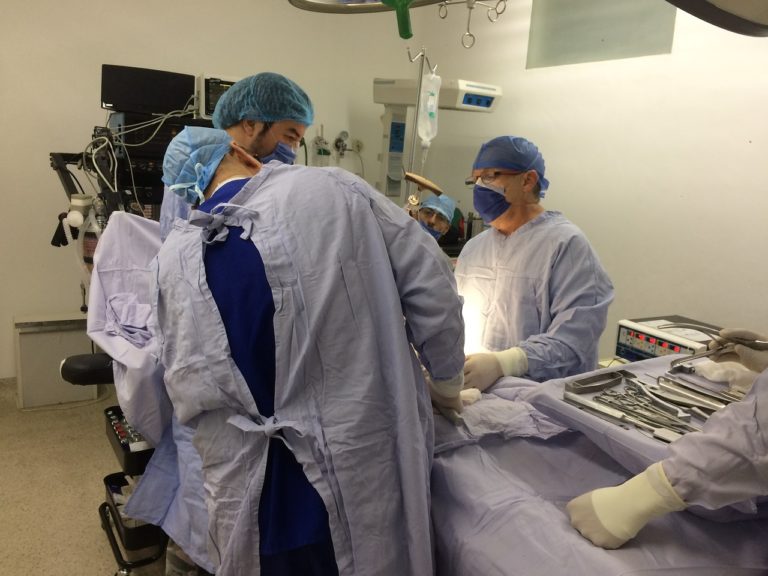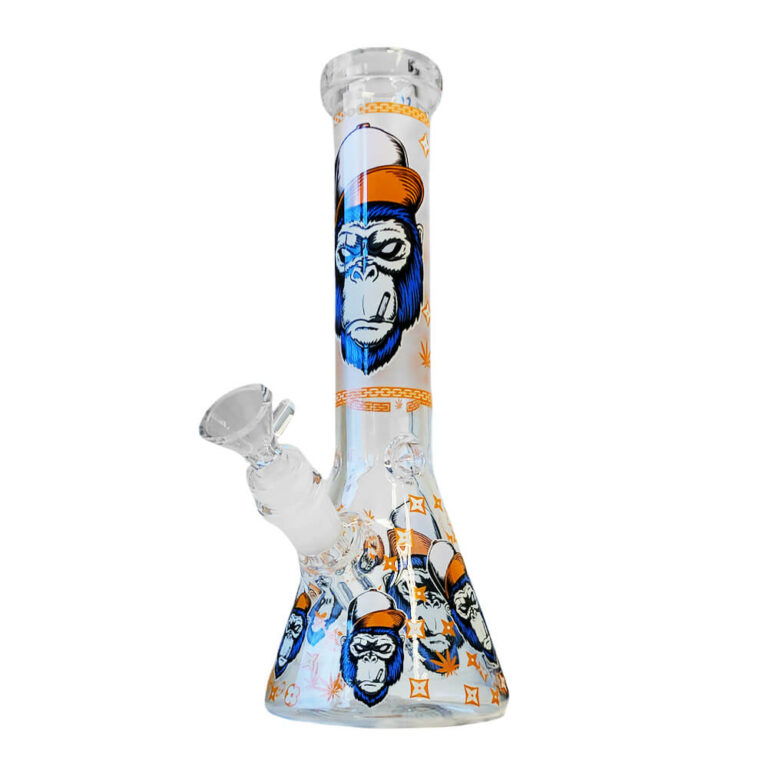Discharge Instructions for Laparoscopic Hernia Repair
Hernia can affect anyone regardless of age and gender. Once you get a hernia, then you should undergo surgery to treat and cure it, because the hernia won’t go away or get cured on its own. Delaying or avoiding the hernia surgery doesn’t benefit your overall health, it just causes more complications which can become life-threatening.
What are the types of hernia repair surgery?
If you are suffering from a hernia and its symptoms, then your doctor may suggest undergoing hernia repair surgery. In case you have small hernias without symptoms or with symptoms that are not troubling you, then your doctor may suggest watchful waiting.
Two types of hernia repair surgeries are performed by the surgeons and they are open hernia repair surgery and laparoscopic hernia repair surgery.
Out of these two, most of the patients prefer to undergo laparoscopic hernia repair surgery because it involves fewer cuts, fast recovery for the patient, safe, less risk of infection, and short stay of the patient in the hospital, etc.
Laparoscopic hernia repair surgery doesn’t involve a single large incision, it requires only a few small incisions. These small incisions or cuts are called ports through which a laparoscope is inserted to visualize the internal organs. Once the hernia is located, surgical instruments are used to treat the hernia. A synthetic mesh can be used to provide strength to the abdominal wall to hold the organs in their position.
Discharge instructions after undergoing Laparoscopic Hernia Repair Surgery:
After undergoing laparoscopic hernia repair surgery, your doctor may recommend a few discharge instructions. By following them, you can heal faster and can get back to daily life in no time. Here are the discharge instructions that can be provided by your hernia specialist or doctor.
Do’s & Don’ts:
- After surgery, take sufficient rest until you feel better.
- As you will be under the effect of anesthesia for a while even after surgery, don’t use machinery or power tools.
- Avoid intake of alcohol for at least 24 hours after the surgery.
- Don’t drive vehicles when you are taking opioid pain medications.
- Avoid lifting heavy weights until your doctor says it’s ok.
- While climbing stairs, pause after each step.
- Don’t perform extreme strenuous activities until you recover completely.
- Perform simple and small exercises daily for about 15-30 minutes.
- Don’t stress while urinating or during bowel movements.
- Avoid swimming for at least a week or two.
- Drink plenty of water ranging between 6 to 8 glasses to avoid dehydration and for a better bowel movement.
- Have food items that are rich in fiber like fruits, whole grains, and vegetables. They help in free bowel movements.
Incision care:
- Don’t get the bandage or wound wet for the next 48 hours.
- If strips of tape are used to close the incisions, then do not pull them off. Let them fall on their own.
- Use gauze bandage if any bleeding or drainage of pus is noticed from the surgical site.
- Don’t rub the wound and instead pat the skin dry.
- Make sure to visit the clinic as suggested by the doctor. Because during these visits, your doctor will evaluate how well the wound is healing and checks whether the surgery is causing any complications or not.
Use of proper medications:
- If you suffer from severe pain, your doctor may prescribe a few pain-killers that help in reducing the pain. However, don’t overuse the medications and take them as directed by your doctor.
- If you face difficulties in bowel movements, laxatives may be prescribed by your doctor.
Consult your doctor when required:
In case you experience any of the following, then notify your surgeon or doctor and seek immediate medical attention.
- Swelling or redness at the incision site(s)
- High fever that can’t be controlled with medication
- Chest pain
- Difficulty in urination
- Trouble in breathing
- Discharge of pus or bleeding from the incision site(s)
- Weakness or tingling in your arms and legs
- Dizziness or lightheadedness
- Severe headache
- Nausea and vomiting that lasts longer than usual
- Shivering of the body
Conclusion:
A patient who undergoes laparoscopic hernia repair surgery can recover quickly and can get back to daily activities as soon as possible. However, by following the instructions given by the doctor, one can improve their overall health after the surgery and can reduce the chances of recurrence of the hernia. Remember to consult the doctor if suffering from hernia symptoms even after the laparoscopic hernia repair surgery.








